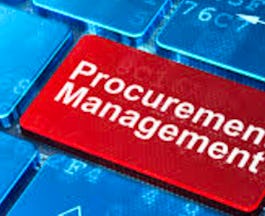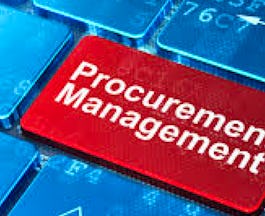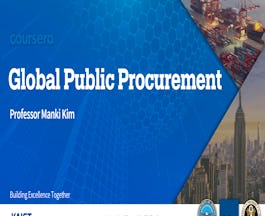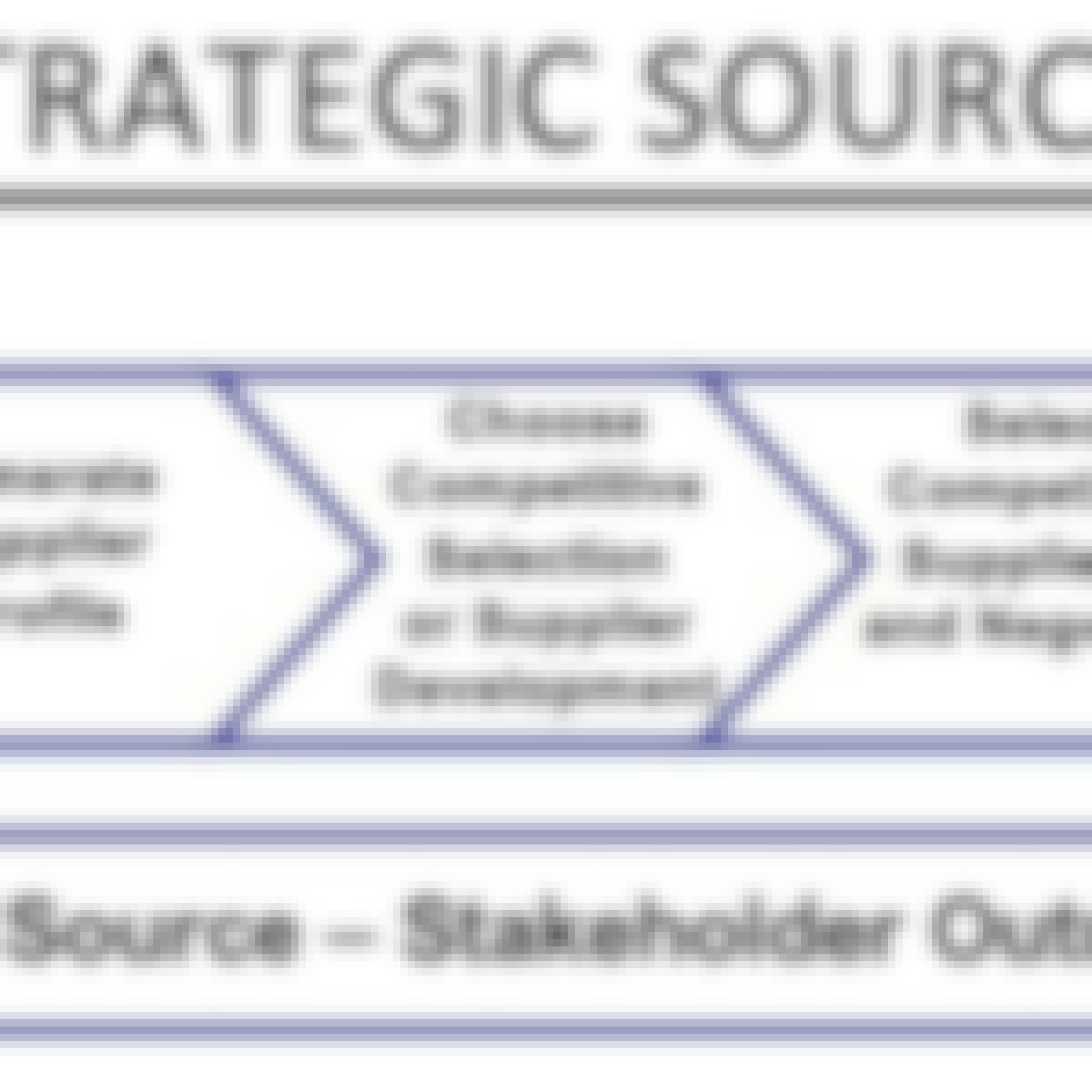Filter by
The language used throughout the course, in both instruction and assessments.
Choose the Procurement Course That Aligns Best With Your Educational Goals

Rutgers the State University of New Jersey
Skills you'll gain: Procurement, Customer Relationship Management, Leadership and Management, Negotiation, Supplier Relationship Management

Rutgers the State University of New Jersey
Skills you'll gain: Leadership and Management, Procurement

Rutgers the State University of New Jersey
Skills you'll gain: Procurement, Supplier Relationship Management, Customer Relationship Management, Leadership and Management

Rutgers the State University of New Jersey
Skills you'll gain: Supply Chain Systems, Supply Chain and Logistics, Planning, Strategy and Operations, Inventory Management, Leadership and Management, Operations Management, Business Analysis, Data Analysis, Estimation, Forecasting, Microsoft Excel, Spreadsheet Software, Statistical Analysis, Strategy, Supplier Relationship Management, Warehouse Management, Operational Analysis, Probability & Statistics, Process Analysis, Transportation Operations Management, Shipping and Receiving, Store Management, Operations Research

Skills you'll gain: Project Management, Strategy and Operations, Leadership and Management, Communication, Business Communication, Collaboration, Agile Software Development, Software Engineering, Entrepreneurship, Scrum (Software Development), Planning, Supply Chain and Logistics, Change Management, Finance, Organizational Development, Product Management, Risk Management, Budget Management, Influencing, Culture, Emotional Intelligence, People Management, Problem Solving, Procurement

Korea Advanced Institute of Science and Technology(KAIST)
Skills you'll gain: Procurement, Supply Chain and Logistics, Contract Management, Regulations and Compliance, Leadership and Management, Operations Management, Vendor Management, Strategy and Operations

Rutgers the State University of New Jersey
Skills you'll gain: Leadership and Management, Negotiation, Procurement

Alfaisal University | KLD
Skills you'll gain: Leadership and Management, Procurement, Contract Management, Product Management, Performance Management, Supplier Relationship Management, Business Process Management, Decision Making, Operations Management, Vendor Management

Rutgers the State University of New Jersey
Skills you'll gain: Leadership and Management

Rutgers the State University of New Jersey

Rutgers the State University of New Jersey
Skills you'll gain: Supply Chain Systems, Supply Chain and Logistics, Data Analysis, Planning, Business Analysis, Inventory Management, Operations Management, Process Analysis, Strategy and Operations, Estimation, Forecasting, Leadership and Management, Operational Analysis, Probability & Statistics, Spreadsheet Software, Statistical Analysis, Operations Research, Project Management, Finance, Procurement

Rutgers the State University of New Jersey
Skills you'll gain: Leadership and Management, Procurement
In summary, here are 10 of our most popular procurement courses
- Global Procurement and Sourcing: Rutgers the State University of New Jersey
- Procurement Basics: Rutgers the State University of New Jersey
- Procurement & Sourcing Introduction: Rutgers the State University of New Jersey
- Supply Chain Management: Rutgers the State University of New Jersey
- Google Project Management:: Google
- Global Public Procurement: Korea Advanced Institute of Science and Technology(KAIST)
- Procurement Negotiation: Rutgers the State University of New Jersey
- إدارة المشتريات والعقود: Alfaisal University | KLD
- Supplier Management: Rutgers the State University of New Jersey
- Advanced Global Procurement and Sourcing: Rutgers the State University of New Jersey










